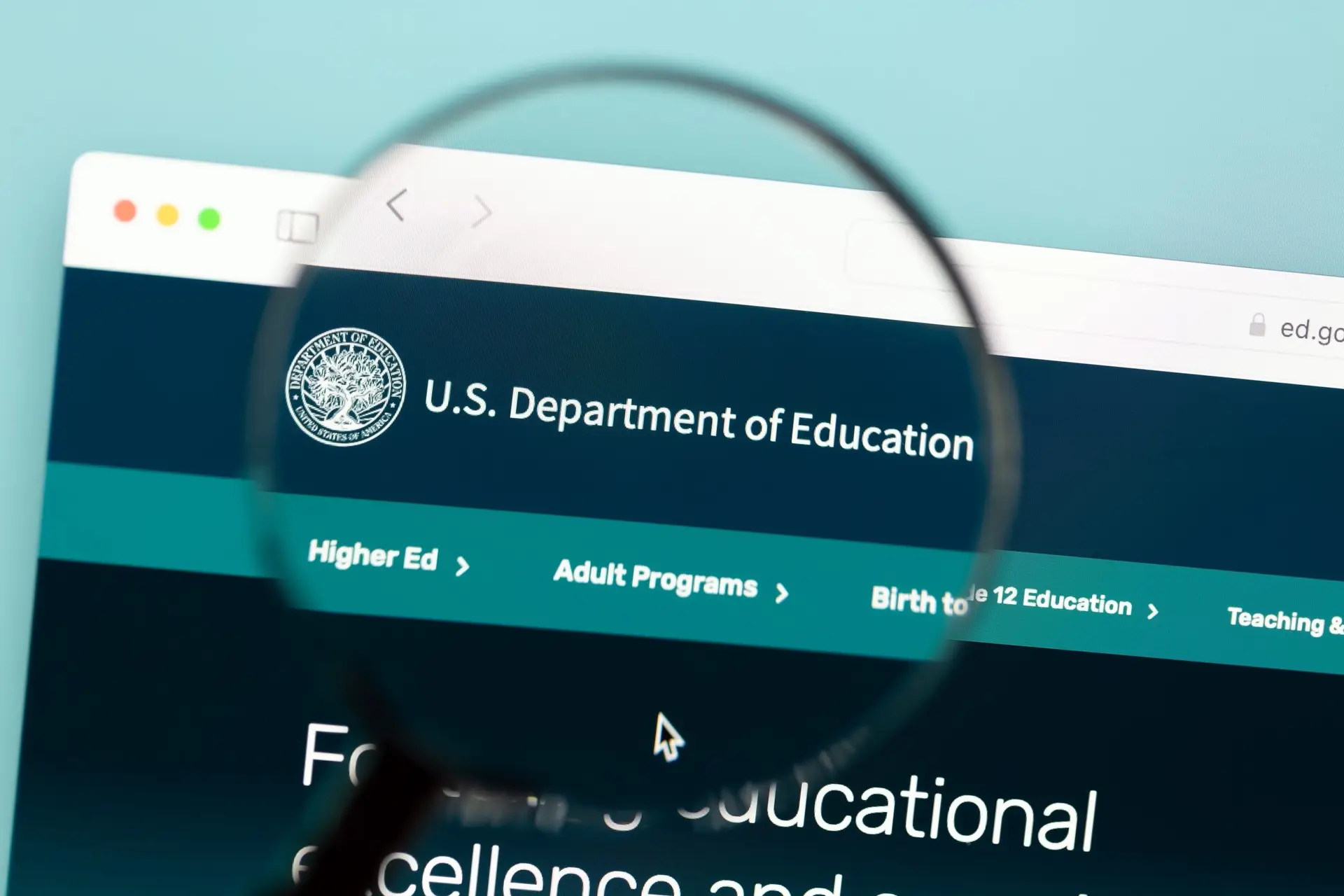The U.S. Department of Education has initiated a civil rights investigation into Chicago Public Schools (CPS) over its recently launched Black Student Success Plan. The probe follows a complaint alleging that the program, designed to support Black students, may violate Title VI of the Civil Rights Act of 1964 by discriminating based on race.
The complaint, filed by the conservative advocacy group Parents Defending Education, challenges the legality of CPS’s initiative aimed at addressing longstanding disparities in academic outcomes for Black students. The Black Student Success Plan includes measures such as culturally responsive teaching, equitable resource allocation, increased recruitment of Black educators, and enhanced engagement with Black families.
Acting Assistant Secretary for Civil Rights Craig Trainor stated that the Department will assess whether the program unlawfully allocates resources based on race, potentially disadvantaging students of other backgrounds.
CPS’s Response
CPS officials defend the initiative as a necessary step toward educational equity. Chief Education Officer Bogdana Chkoumbova emphasized the district’s commitment to eliminating opportunity gaps and fostering an inclusive environment where all students can thrive.
Community advocate Valerie Leonard, who contributed to developing the plan, expressed disappointment over the legal challenge, stating that improving outcomes for Black children benefits society as a whole.
Broader Context
This investigation marks one of the first under the current administration to scrutinize a public school system’s race-based program. It reflects a broader national debate over the role of race in educational initiatives and the balance between targeted support and equitable treatment for all students.
Legal experts note that the outcome may hinge on the program’s implementation details. If benefits are extended inclusively, the plan may withstand legal scrutiny; however, exclusive allocation based on race could pose challenges.
As the investigation proceeds, CPS and other districts with similar initiatives will be closely monitoring developments to inform their approaches to educational equity.

